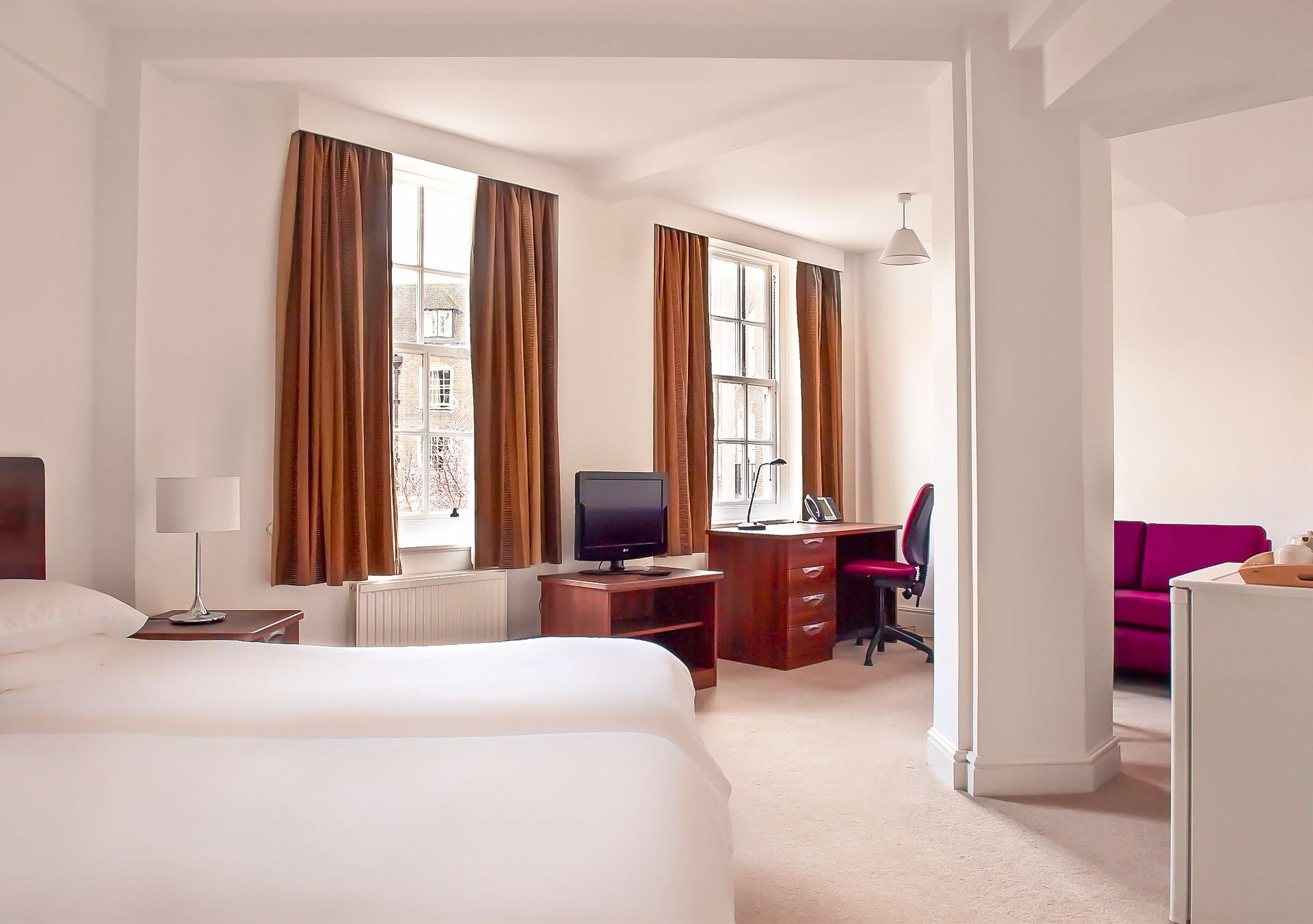An Introduction to Manchester
Manchester is a city situated in the south-central part of North West England, fringed by the Cheshire Plain to the south and the Pennines to the north and east. Manchester was the site of the world's first railway station, hosted the first meeting of the Trade Union Congress and is where scientists first split the atom and developed the first programmable computer.
It is known for its music scene and its sporting connections. Manchester was the host of the 2002 Commonwealth Games, and its sports clubs include two Premier League football teams, Manchester City and Manchester United.
Activities of interest in Manchester
Manchester’s city centre is less than one mile in diameter, making it extremely accessible to visitors.
Deansgate, King Street, the Arndale Centre and St Anne's Square offer designer boutiques and high street shops to satisfy all tastes. Manchester has over 500 bars and restaurants. From traditional pubs to jazz bars, trendy nightclubs to bistros and fine dining, Manchester offers an exceptional social scene.
The city also hosts a large number of cultural events at its many theatres and galleries, with musical theatre and plays at The Lowry Centre and The Royal Exchange, world renowned musical artists at the Bridgewater Hall and huge rock and pop concerts at the MEN Arena. The Manchester Art Gallery houses paintings and sculptures from the Pre-Raphaelites through to masterpieces of art and design of the 21st century. Its large number of museums includes The Transport Museum, The Pankhurst Centre and The Gallery of Costume, where clothing from 17th century to the present day can be seen.
Getting to Manchester
Manchester is easy to reach from all parts of the UK and beyond due to good road, rail, bus and air links. Located on the M6, Manchester is easily accessible by car and is well-served by rail services too, with frequent services to and from London as well as regular links to the rest of the UK.
By Road: Manchester's ring road connects Manchester to motorways north, south, east and west.
By Rail: Manchester Piccadilly Railway Station is situated in the city centre. For all rail services throughout the UK - National Rail Enquiries. Tel. 08457 48 49 50 (24 Hours). www.nationalrail.co.uk
By Coach: Manchester Coach Station on Chorlton Street is centrally located for coaches and buses from all over the UK. National Express provides an extensive network of coach services to Manchester. Telephone 08705 808080 for information. www.nationalexpress.com
By Air: Manchester Airport is a 20 minute drive from the city centre. From the airport, trains to the city centre run every 15 minutes into Piccadilly train station; the average journey time is 20 minutes. Alternatively there are taxis to the city centre.
